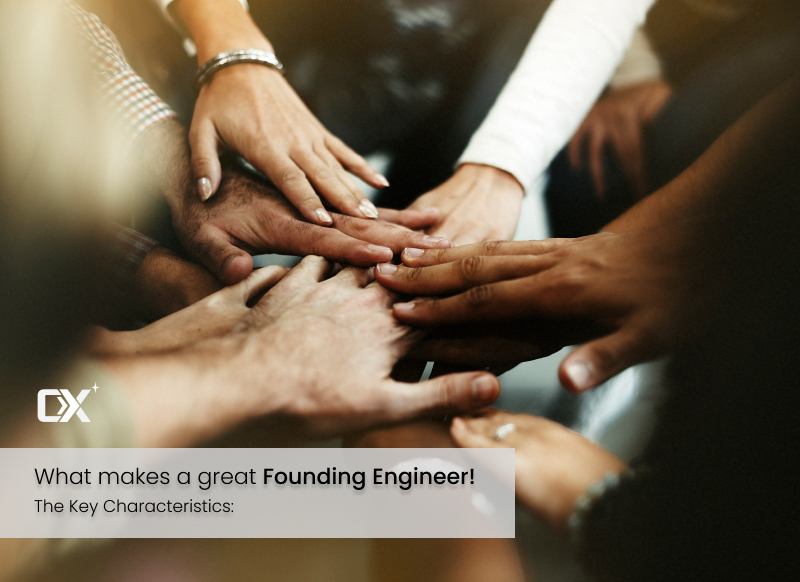Founding Engineer! Sounds cool, right?
Being referred to as an early engineering hire has long been fashionable. Working as a founding engineer for a startup can be one of the most exciting, challenging, and gratifying experiences a person can have.
However, engineers contemplating what to do next can be intimidated by the mystery and mystique around it, especially those coming from more organized workplaces.
What comes to mind now is what’s going on with the structured environment. Why are leaders who have been groomed in an unstructured setting supposed to be adaptive to any global situation?
A Psychologist Madeline Levine states, It is the unstructured play that provides the greatest opportunities for kids to be curious, creative, spontaneous, and collaborative.
Give employees opportunities to spend unstructured work time together. Such moments can reduce social isolation and increase spontaneous collaboration and creativity – Harvard Business Review
Founding Engineers have a unique blend of skills to work amid ambiguity, a high-risk appetite, and a desire to get things done quickly.
Clearly, this function necessitates a unique type of person. A founder engineer must be highly technically proficient while also being adaptable enough to flourish in these various fields. While founding engineers might come from a range of backgrounds, a few key characteristics can be common to all.
✅ Learning/experience:
We all know that a degree can only teach you a fraction of what you need to know to be a competent engineer and that being a founding engineer is not something that can be discovered in the best of books, nor a lot of people around have experienced this unknown and arcane path. You learn the hard way through the problems you encounter along the route and the multiple frameworks you create to track your progress.
A founding engineer should have at least 2-4 years of experience (in many cases, more like 5-10 years)
✅ The yearn to be in charge:
It has always been there, the Inquisitive nature that makes you learn and discover the unknowns.
Naval Ravikant: “if you aren’t curious about it, you’ll never be good at it.”
A sound founding engineer yearns for control. Perhaps you’ll organize the workplace, oversee the new recruit on the boarding program, and more!
If you frequently raise your hand to own anything from beginning to end, you will likely appreciate the ownership that comes with being a founding engineer.
✅ Ambiguity:
Things happen quickly in the startup world; hours become days, days become months, and the entire tale of success hinges on how quickly you expand, which is fraught with ‘uncertainty.’
You’ll need to be comfortable working with a lot of ambiguity as a founding engineer. For whatever you’re supposed to, you may not obtain the requirements. The right founding engineer knows when to ask for clarity and when to make educated assumptions.
✅ Diversity:
It’s a prerequisite for being a founding engineer! What distinguishes the spectacular from the ordinary is the wearing of several caps. A typical day might consist of several hours of development, client interactions, a technical brainstorm or architecture discussion, and a few interviews.
To be honest, as a Founding Engineer, when it comes to Knowledge, you must be a jack of all trades, and when it comes to application, you must be the king of all trades.
Thus, there is constantly more to do than can possibly be done. This is a challenge that a great founding engineer should embrace and thrive in.

